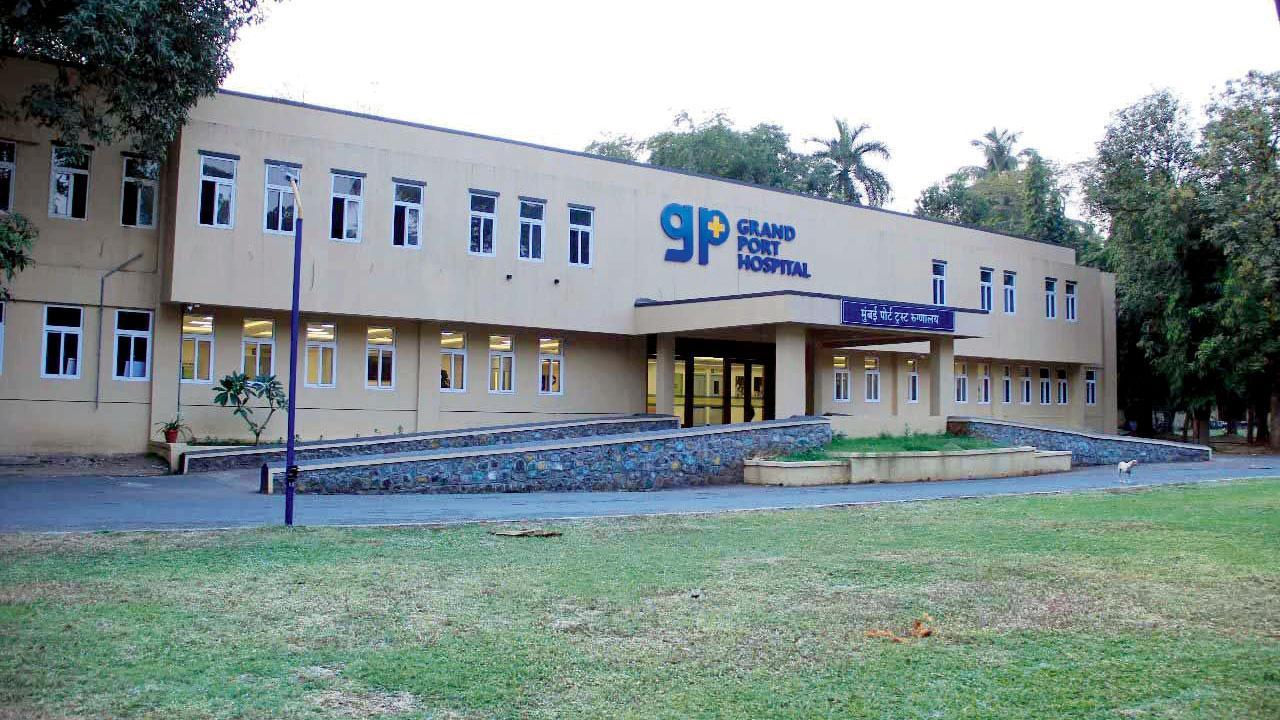Home / Mumbai / Mumbai News / Article /
A failed marriage?
Updated On: 04 June, 2023 07:47 AM IST | Mumbai | Vinod Kumar Menon
Recent collapses of Public Private Partnerships in the health care sector beg the question whether red tape and one-sided distribution of power can allow the model to flourish

The Grand Port Hospital, formerly known as the BPT Hospital, wears a desolate look even as the legal battle between Port Trust and M/s Zodiac Healotronics Pvt Ltd drags on since 2020
In 2005, M/s Seven Hills Healthcare (Pvt) Ltd entered into a public private partnership (PPP) contract with the Brihanmumbai Municipal Corporation to set up a 1500 bed hospital in Marol, of which 20 per cent beds were to be reserved for patients from economically weaker backgrounds. Twelve years later, the hospital and the BMC were at loggerheads, and the civic body terminated the contract, compelling the healthcare service provider to move court.
Treatment of lakhs across 16 state-run hospitals was delayed when over 60,000 medical staff were forced to manually enter clinical data, after a Bengaluru firm removed staff and services over non-payment of dues amounting to around R100 crore. The Bengaluru based M/s EIT Services Private Limited had won a tender and partnered with M/s Amrita Technologies, based in Kerala, and a Master Services Agreement was made in the year 2006. According to this agreement, IT enabled services were to be provided by the company on a Build-Own-Operate-Refresh (B-O-O-R) model for purpose of education, training, research and patient care. The company, however, had to go to court over non-payment of dues.



